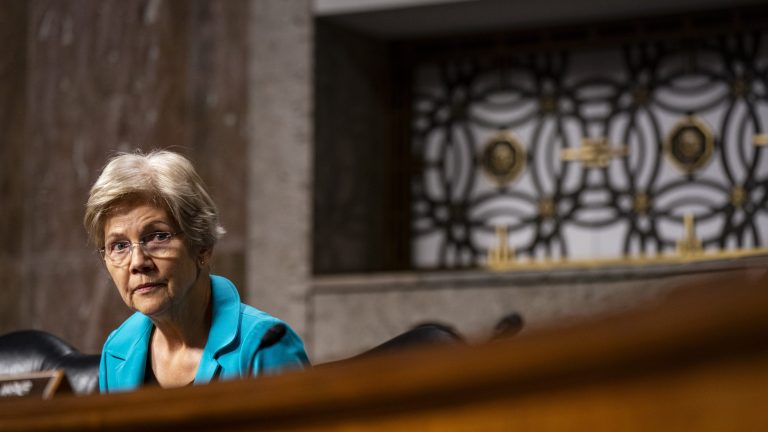Tech companies are bracing ahead of the US presidential election, dreading the looming threat of more tariffs that could further restrict the flow of imports from China, no matter which candidate is elected.
Tariffs are a tax placed on imports and are intended to disrupt trade with foreign adversaries. While former President Donald Trump has frequently claimed that China pays for tariffs, in actuality, that tax is paid by US businesses and citizens any time they want to purchase a restricted good from China.
Used as a trade barrier, tariffs can place an economic burden on countries like China, but that burden is really only felt if businesses and consumers avoid importing goods. If companies cannot cost-effectively or practically switch suppliers—as is the case with China, which is a dominant global manufacturing hub in the tech industry—shrinking profit margins can trigger US businesses to spike prices for consumers.
So ahead of the election, many tech companies are worried they may eventually have no choice but to cover increasing costs from tariffs by increasing prices on common products, including smartphones, laptops, tablets, and video game consoles.
There are currently more than $300 billion worth of tariffs burdening trade with China. They are supposedly targeted to address national security concerns and protect against China's unfair trade practices harming US intellectual property, technology transfer, and innovation, but experts have warned that some tariffs seem to be motivated by political grandstanding.
Most of these expansive tariffs were initially implemented by Trump through a series of executive actions starting in 2018. But they were then made permanent by President Joe Biden's administration last May. They applied not only to nearly 50 percent of finished consumer technology products but also to the components that are necessary to make those products in the United States, forcing tech companies to either pay up to continue doing business with China or find another way to sustain their supply chains while keeping prices low.


 Loading comments...
Loading comments...
